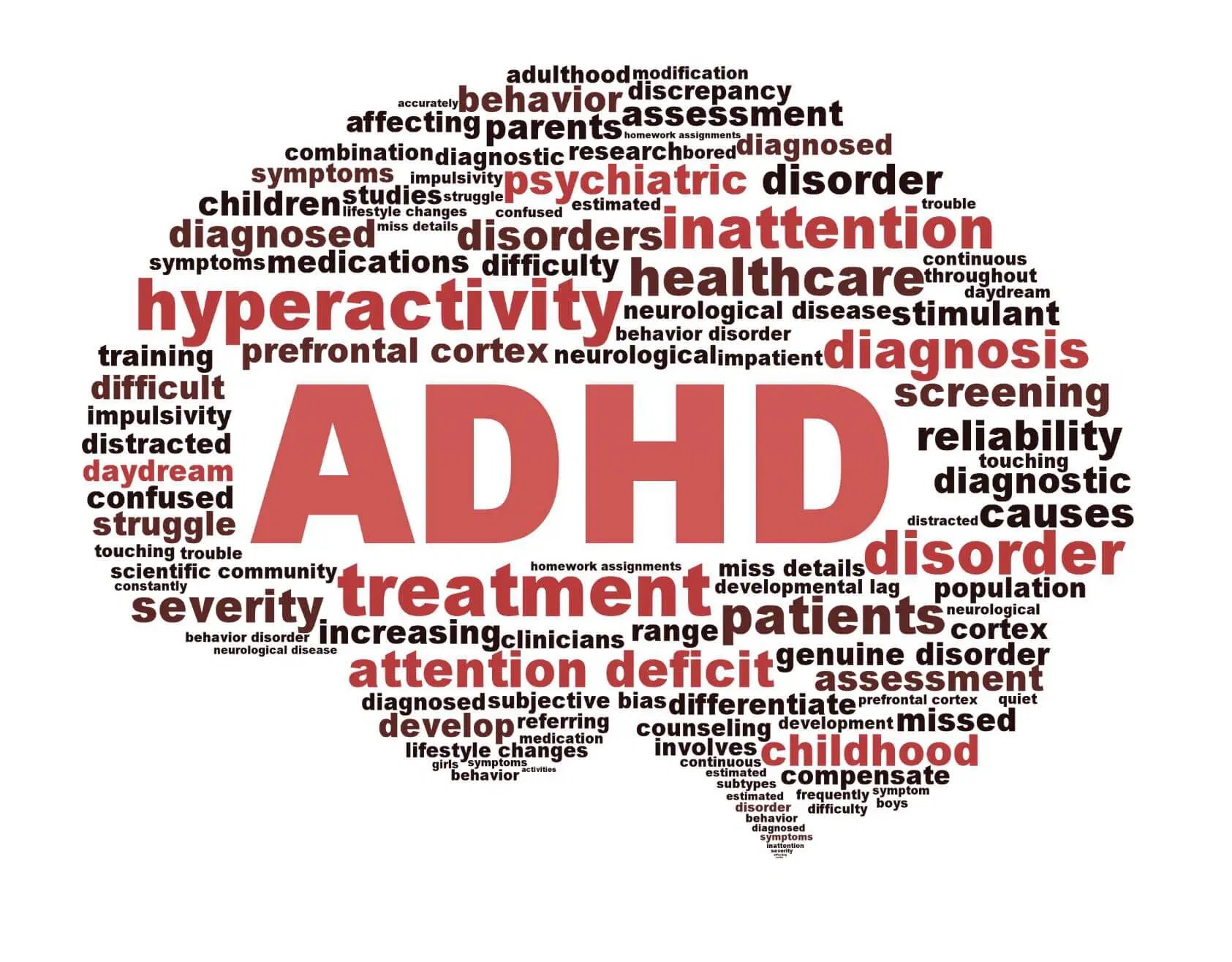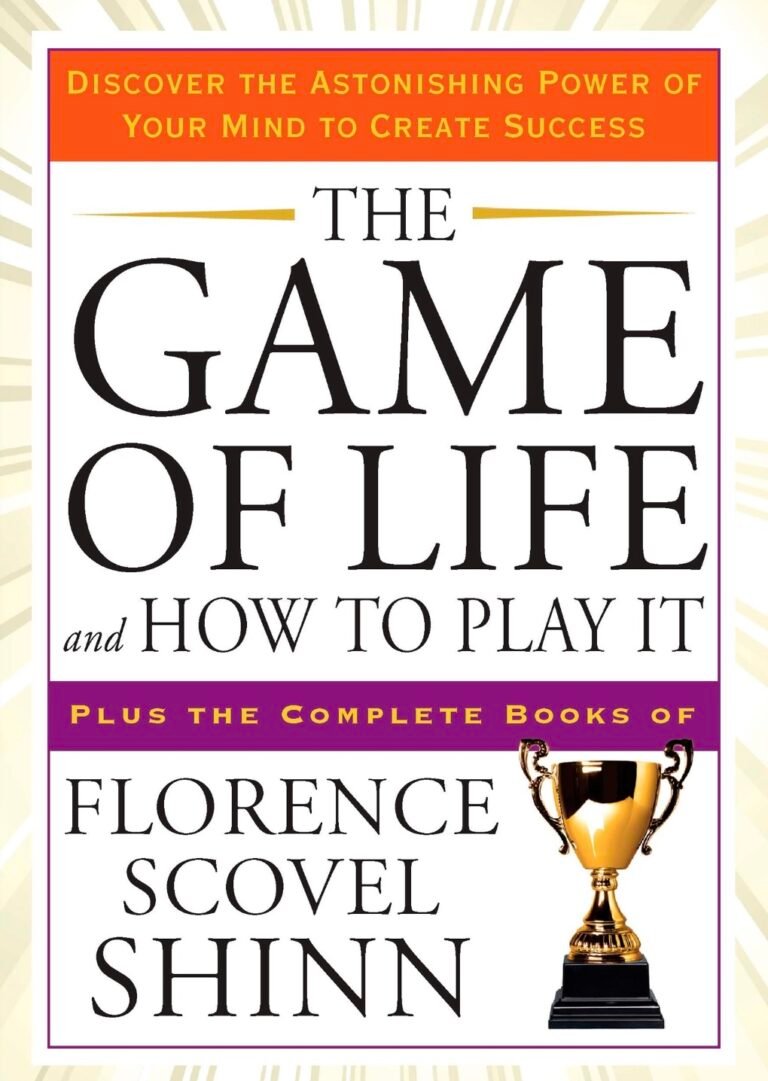
ADHD: Fact or Fiction? Unpacking the Origins and Overcoming the Illusory or Genuine Condition

ADHD: Let’s Talk About It
Attention Deficit Hyperactivity Disorder (ADHD) is one of the most talked-about mental health conditions of modern times. It’s a label that has been attached to millions of children and adults worldwide, usually accompanied by a prescription for medication. But where did this concept come from? Is ADHD a genuine medical condition, or is it an overblown, over-diagnosed label created to sell medication? In this article, we’ll explore the origins of ADHD, the controversies surrounding its diagnosis, and how you can overcome this potentially illusory condition without necessarily relying on medication.
What is ADHD?
ADHD, or Attention Deficit Hyperactivity Disorder, is a condition that is said to affect one’s ability to focus, control impulses, and manage hyperactivity. People with ADHD may find it hard to sit still, pay attention, or control their actions in certain situations. It’s a condition often diagnosed in childhood but can continue into adulthood. The three main types of ADHD are:
- Inattentive: Difficulty focusing, organizing tasks, and following through with assignments.
- Hyperactive-Impulsive: Fidgeting, talking excessively, and impulsively acting without thinking.
- Combined: A mix of inattentive and hyperactive-impulsive symptoms.
While these symptoms are real experiences for many people, the question remains: Why do these behaviors automatically lead to a diagnosis of a “disorder”? And why does that diagnosis so often lead to the prescription of medication?
When Was ADHD “Invented”?
The concept of ADHD as we know it today has relatively recent origins. The term itself was first introduced in 1980 in the Diagnostic and Statistical Manual of Mental Disorders (DSM-III). However, the traits associated with ADHD, such as hyperactivity and inattention, were described in earlier years, notably in the 1950s. By the 1990s, ADHD became one of the most commonly diagnosed conditions in children, leading to an explosion in the use of stimulant medications like Ritalin and Adderall.
But ADHD didn’t come into the world fully formed as a “disease.” Many argue that it was created as a way to explain certain behaviors that fall outside the norm, especially in children. The pharmaceutical industry was quick to provide solutions in the form of medication, fueling the rapid rise in diagnoses.
Is ADHD a Real Condition or an Overblown Concept?
This is where the controversy begins. Critics argue that ADHD is not a distinct medical disorder but rather a set of behaviors that are common in many individuals, especially children. For some, it seems like a convenient label for a range of behaviors that society finds disruptive or undesirable. After all, the traits associated with ADHD, such as being easily distracted, restless, or impulsive, are not exclusive to those diagnosed with the disorder. These traits can be seen in various forms in most people at different times.
Furthermore, ADHD diagnoses vary dramatically from country to country and even from one region to another within the same country. In the U.S., ADHD diagnoses are far more common than in Europe or other parts of the world, leading some to believe that the diagnosis is shaped more by cultural and societal expectations than by objective medical criteria.
The Role of Big Pharma: Was ADHD Created to Sell Medications?
One of the most damning criticisms of ADHD is that its rise in prevalence is directly linked to the interests of the pharmaceutical industry. The 1990s saw the introduction of stimulant drugs like Ritalin and Adderall, which are now routinely prescribed to treat ADHD. These medications are designed to help patients focus, calm hyperactivity, and manage impulsivity.
But why the rush to medicate? Many believe that ADHD provides a convenient way for pharmaceutical companies to sell more drugs. After all, ADHD medications have become a multi-billion dollar industry. The rapid increase in diagnoses, especially in children, coincided with aggressive marketing campaigns by pharmaceutical companies, pushing medication as the primary solution to the condition. As a result, millions of children and adults are now dependent on these stimulants to manage their everyday lives.
The question then arises: Is ADHD an overdiagnosed condition created to sell medication? Or is it a genuine disorder that is simply misunderstood? The truth likely lies somewhere in between, but the focus on medication as a solution raises serious concerns.
Overcoming the Illusion: Addressing ADHD without Medication
If ADHD is, in part, an overblown concept fueled by the pharmaceutical industry, how can those who struggle with symptoms of inattention, impulsivity, or hyperactivity find relief without turning to medication?
- Mindfulness and Meditation
One of the most effective ways to overcome attention issues is through mindfulness and meditation. These practices train the mind to focus on the present moment, helping individuals develop greater control over their thoughts and actions. Regular meditation can calm restlessness, improve concentration, and reduce impulsive behaviors. - Diet and Exercise
The connection between diet, exercise, and mental health is well-documented. Many who struggle with ADHD-like symptoms benefit from a clean, balanced diet that avoids excessive sugar, processed foods, and artificial additives. Exercise, particularly activities that engage both the body and mind, such as yoga or martial arts, can help channel hyperactivity and promote focus. - Structured Routines
ADHD-like behaviors often arise in environments that lack structure. By creating clear routines, setting goals, and organizing tasks into manageable steps, individuals can improve their ability to focus and manage impulsivity. Routines help create predictability, which can calm the chaos of an unfocused mind. - Behavioral Therapy
For those who find it difficult to manage ADHD-like symptoms, behavioral therapy can be an effective solution. Unlike medication, which suppresses symptoms, therapy addresses the underlying behaviors and thought patterns that contribute to the condition. This approach promotes long-term improvement without the side effects of medication. - Limiting Screen Time
In today’s hyperconnected world, constant exposure to screens can worsen attention issues. Limiting time spent on phones, computers, and TV can reduce overstimulation and improve focus. Creating technology-free zones or times during the day can help recalibrate the mind’s ability to concentrate. - Personal Accountability
Taking personal responsibility for one’s actions is key to overcoming any perceived condition. Many who struggle with ADHD-like symptoms find relief through self-awareness and accountability. By recognizing patterns of behavior and actively working to change them, individuals can improve their focus and decision-making abilities.
Breaking Free from the ADHD Label
ADHD, as a label, has become an all-too-convenient way to explain behaviors that deviate from societal norms. While the symptoms associated with ADHD are real and challenging, the rush to medicate should be questioned. Instead of immediately turning to medication, we can explore alternative ways to manage inattention, hyperactivity, and impulsivity, methods that empower individuals to take control of their minds and lives.
The truth is that no one is defined by a label. By embracing mindfulness, structure, and personal responsibility, we can overcome the illusion of ADHD and reclaim our focus, creativity, and power.
Disclaimer:
The information provided in this blog post is for informational and educational purposes only and is not intended as medical advice. I am not a medical professional, and this content should not be used as a substitute for professional diagnosis, treatment, or advice. Always seek the guidance of your physician or other qualified healthcare providers with any questions you may have regarding your health or medical condition. Never disregard or delay seeking medical advice because of something you have read on this site.
Coach G, Dubai's Life Coach, combines ancient wisdom and quantum psychology to help you unlock your true potential and live your most empowered life.
From Our Blog
Share:
Categories
- A Course in Miracles - Weekly Study Guide 2
- Ancient Knowledge 8
- Book Summaries 20
- Business 6
- Coach G's Journal 38
- Conscious children 3
- Conscious motherhood 4
- Conscious Pregnancy 2
- Conscious Women 18
- Gloria's Journal 2
- Life Coaching 47
- Marriage and Relationships 10
- Productivity 9
- Quantum psychology 54
- Self-Improvement 74
- Spirituality 41
- Uncategorized 2
Tags
Popular Posts
What is the Corpus Hermeticum?
Is It Better to Be a Generalist or a Specialist in Business?
Useful Links
Quick Menu
Contact Us
- +971585541780
- info@coach-g.com
- Al Murjan tower, Al Marsa Street Dubai Marina













